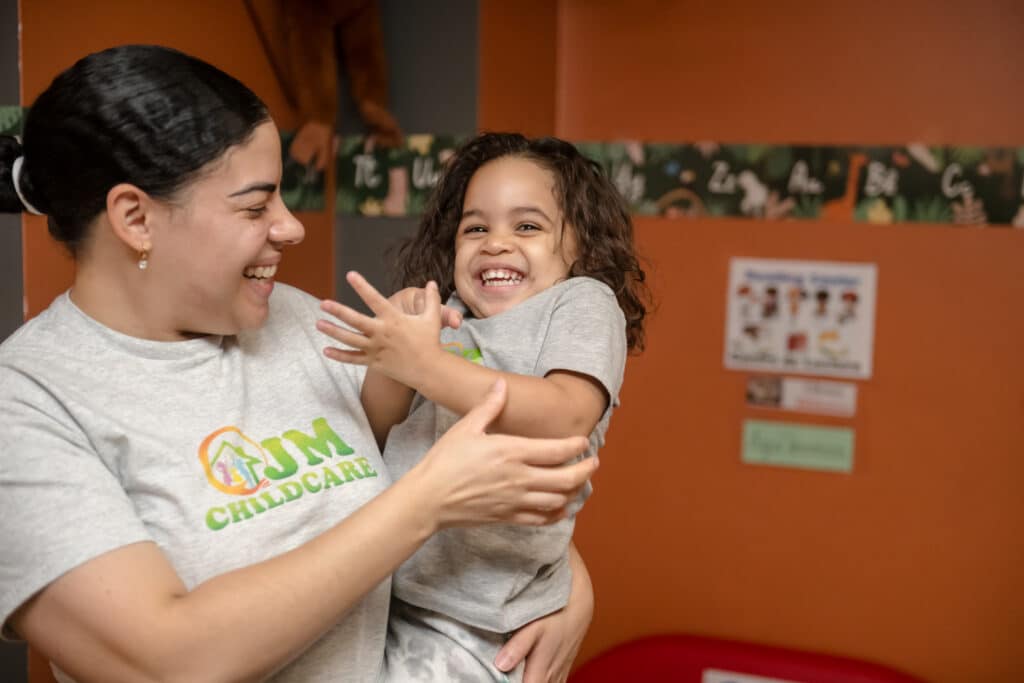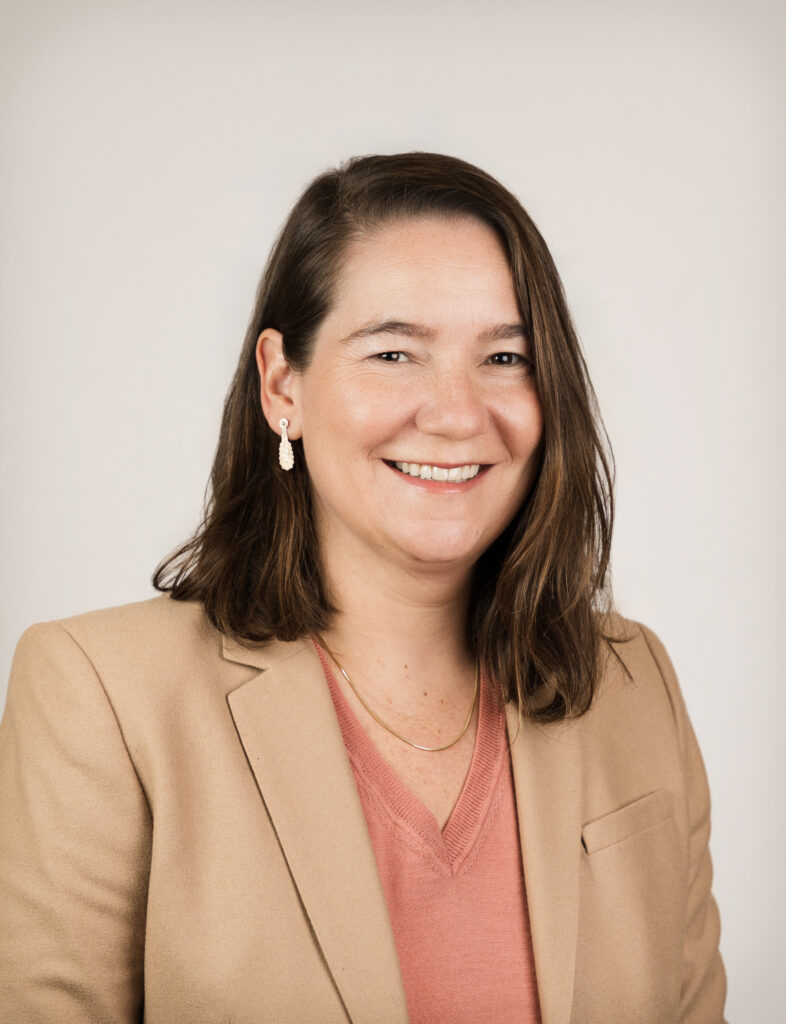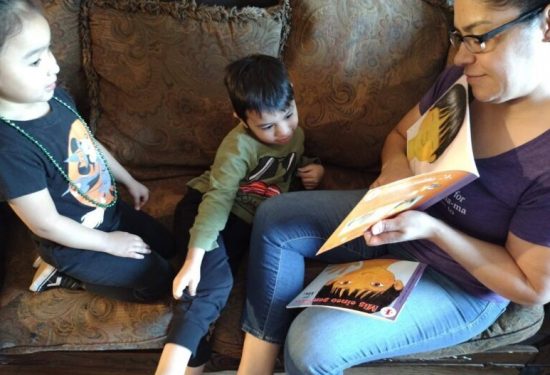The start of a new year is an opportunity for reflection and goal setting. As 2025 starts, there are many unknowns around our political and social context and many known threats to the child care sector namely funding scarcity, including the expiration of pandemic funding. At times of change, there are often opportunities for innovative solutions, and Home Grown will be paying close attention to see and understand where these opportunities may emerge.
At Home Grown, our work and focus are unchanged. We are working for a future where all children thrive and where the adults closest to our children, namely their parents and care providers, are valued and supported. Together, we will work to influence decisions, ensuring the experiences and wisdom of families and care providers are front and center in those decisions. Home Grown will continue to build a community rooted in shared purpose that succeeds in making real change.
Specifically, we hope to work in the following ways:
- Embrace abundance and demand progress. We will reject the limitations of the scarcity mindset that justifies clinging to limited resources for some, and instead continue to chart a path for a future where there is enough for all. That will mean rejecting scarcity narratives and frameworks that defend the status quo. Our child care system will not be effective if it is designed for one type of provider or one type of family; we will design with and for the families and care providers who are most likely to be left out and will keep lifting up their realities, aspirations and hopes for a better future.
- Celebrate differences and solidarity among home-based child care providers. Home Grown is focused on helping folks in and out of the child care sector understand the different types of home-based care providers, the unique and valuable attributes of these differing care arrangements, and why building solidarity among these providers (along with center and school-based early childhood professionals) is imperative to build a durable movement that realizes outcomes for children, families and providers.
- Work in our values with providers leading the way. Home Grown will continue to listen to, react to and uplift the brilliance and creativity of the providers we are in partnership with. Our commitment to building a child care system in which care providers and families thrive is unchanged and we believe the only way to achieve this is via the solutions imagined and initiated by families and providers.
- Meet and stand with caregivers and providers where they are. There are many threats to providers’ safety, well-being and livelihood. Home Grown will continue to prioritize providers’ needs via emergency response, direct cash programs, public benefits access and removing systemic barriers to sufficient incomes and stable housing. This direct service work will continue to fuel our efforts to realize practical, implementable policy solutions.
In the months ahead, Home Grown will begin implementing a new strategic plan and expanding our team. We will also expand our work in emergency response immediately supporting partners and providers impacted by the Los Angeles area fires. Innovation will continue to drive our team as we refine and adapt existing programs and launch new initiatives.
As we start this new year, please know that for us at Home Grown, our commitment to this work is clear and certain. We will continue to stand beside each of you, we will continue to support each of you and we will continue to champion each of you as you do the work of transforming our country’s child care system. We will use the resources we have to uplift providers, to invest in provider-driven solutions and to disrupt our country’s policies and remake its systems to value and reward caregiving and early learning.




